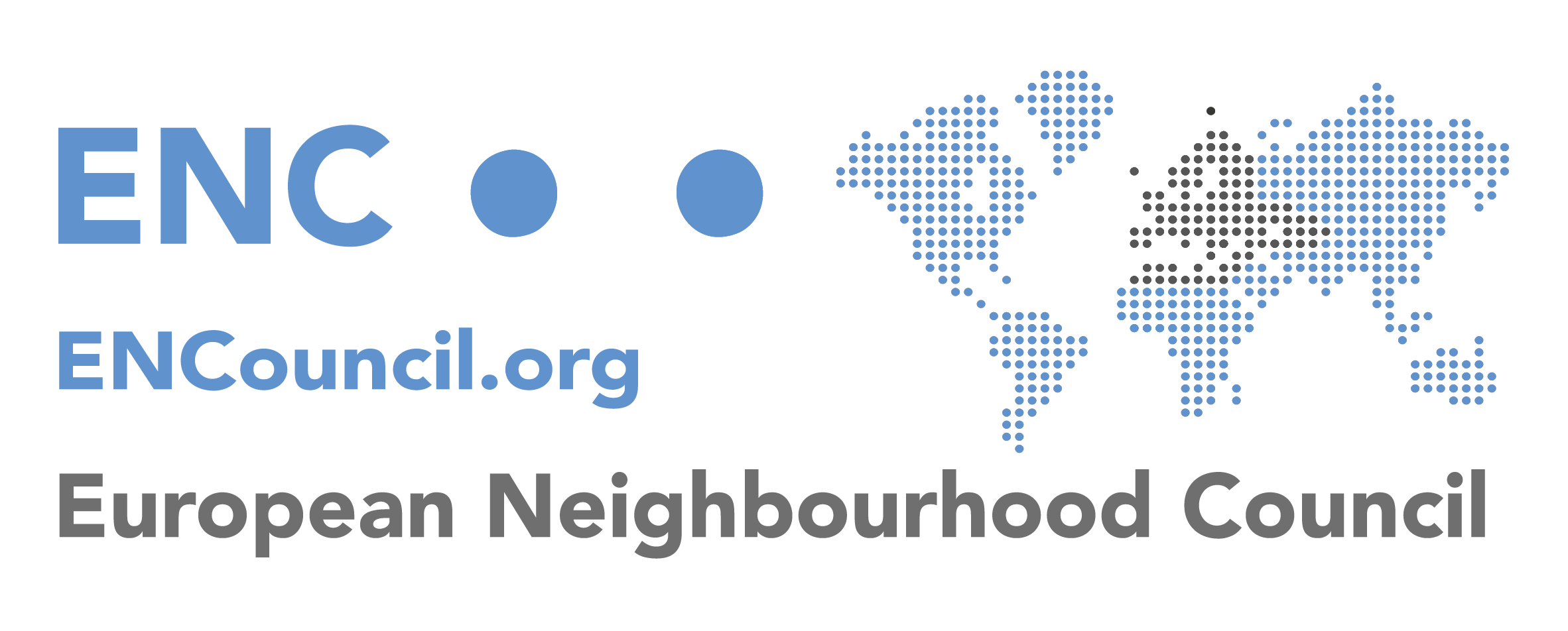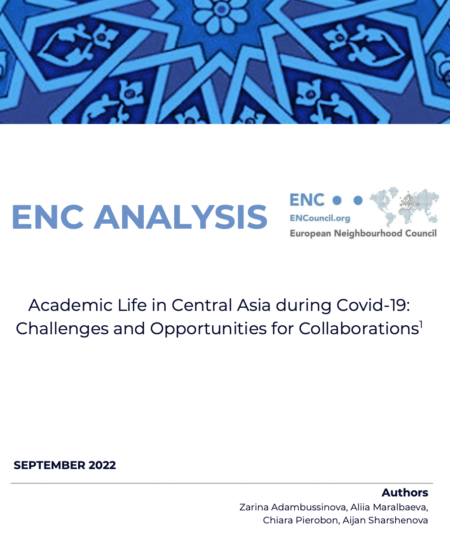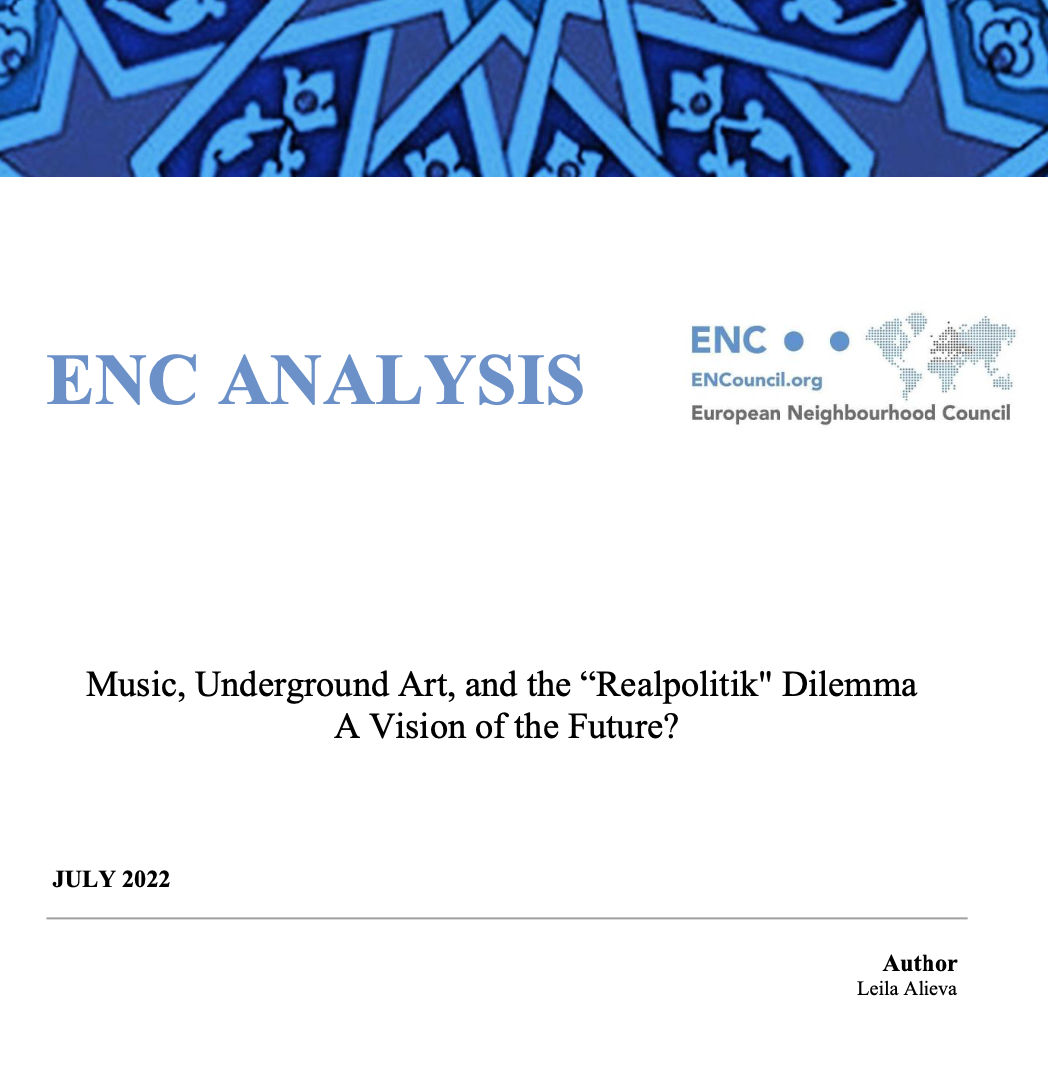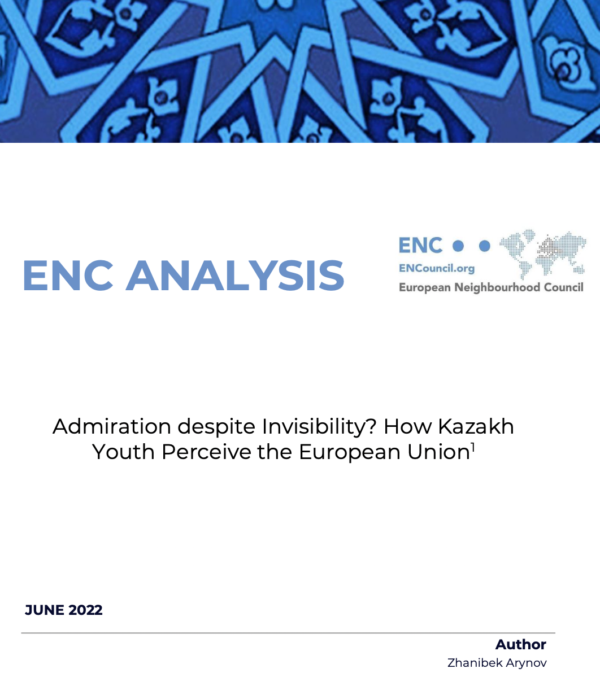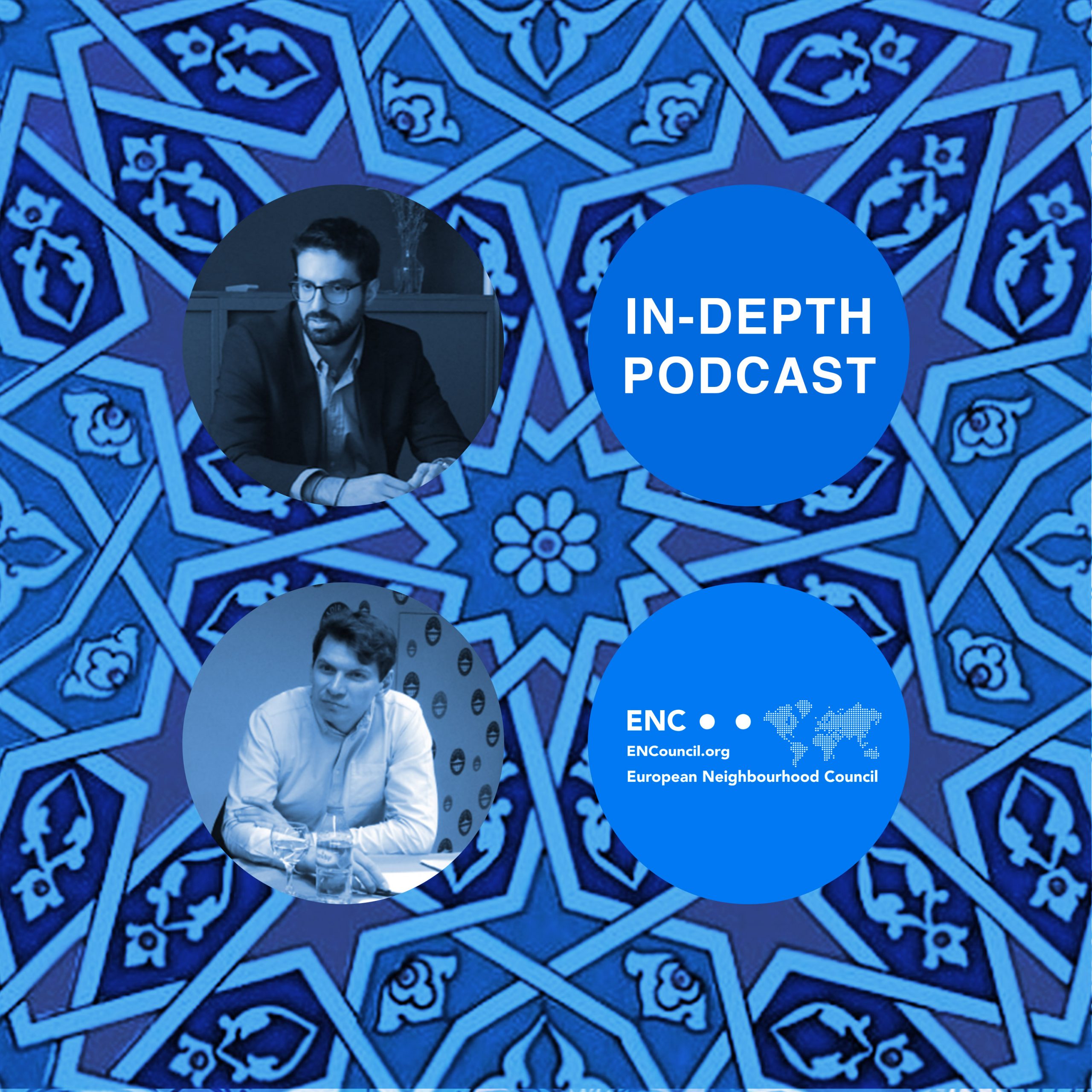
ENC In-Depth Podcast: Academic e-collaborations in Central Asia during COVID-19
This ENC In-Depth podcast is dedicated to the recently published ENC Analysis* on the challenges and opportunities for academic collaborations in Central Asia during COVID-19.
In this episode, Andreas Marazis was joined by the two co-authors of the article, Chiara Pierobon, and Aijan Sharshenova, to discuss, among other topics, the new forms of online academic collaborations that have emerged in Central Asia during the Covid-19 pandemic, the benefits of building and strengthening virtual networks, and what will be needed to make online collaborations better in the future.
The discussion was moderated by Andreas Marazis, ENC Head of Research for Eastern Europe & Central Asia, and features the comments and insights of Chiara Pierobon, DAAD Visiting Professor at the University of Washington, and Aijan Sharshenova, Postdoctoral Research Fellow at the OSCE Academy.
You can listen the in-depth interview here:
*This working paper was produced within the Postdoctoral Fellowship Programme “Institutional Change and Social Practice. Research on the Political System, the Economy and Society in Central Asia and the Caucasus” (2020-2023) funded by the Volkswagen Foundation and was first published in “Shaping Asia”.
